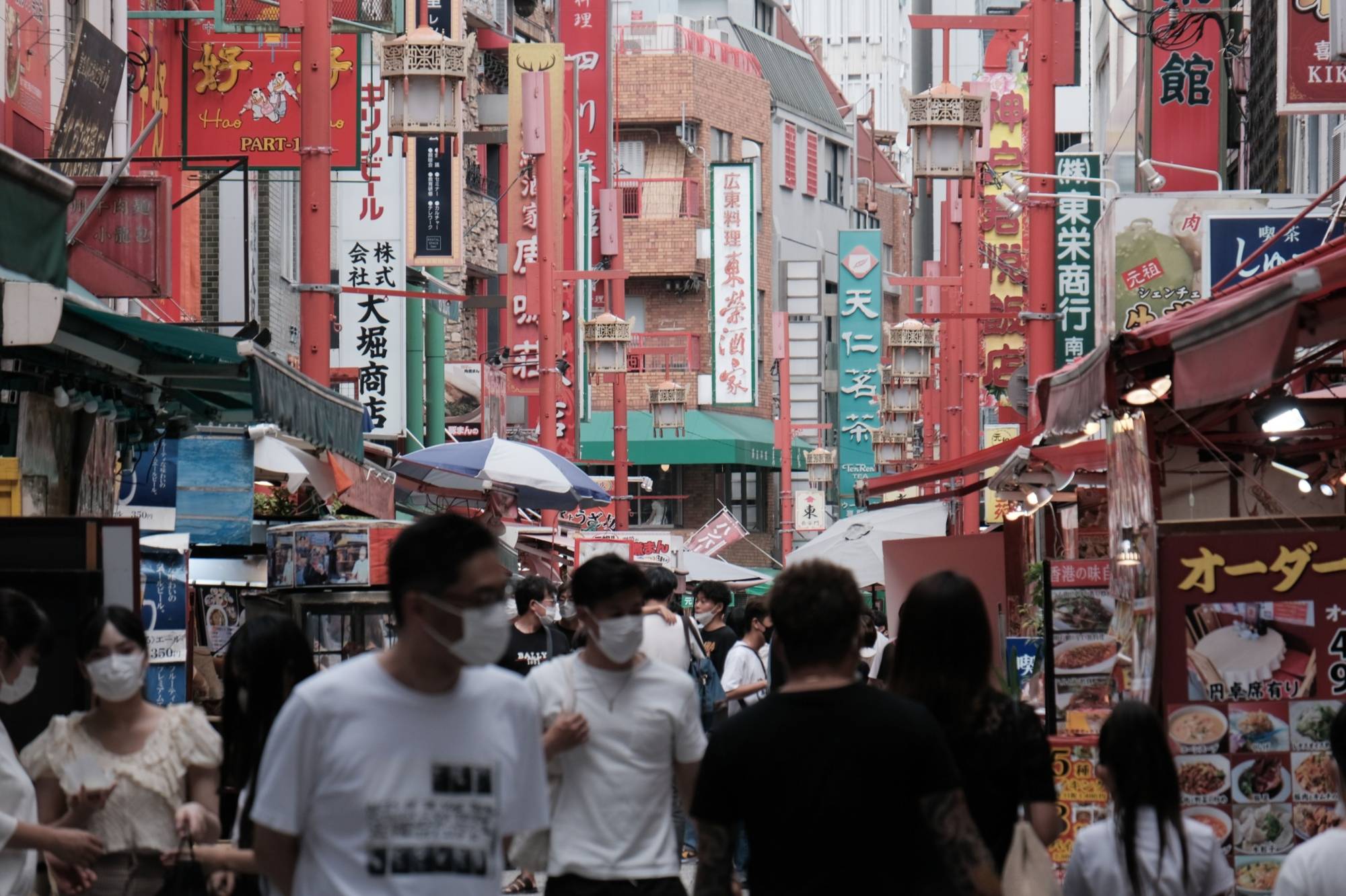Japan’s households cut back on spending in July while real wages fell again, amid a surge in COVID-19 cases and a steady increase in the cost of living, suggesting the country’s recovery path is still shaky.
Household outlays dropped 1.4% from June as spending on furniture, clothing and insurance fell, the internal affairs ministry reported Tuesday. Spending was 3.4% higher than a year ago, compared with a 4.6% gain forecast by analysts.
Another report showed wages adjusted for inflation continued to fall while nominal wage growth slowed, pointing to a further decline in households’ purchasing power.



















With your current subscription plan you can comment on stories. However, before writing your first comment, please create a display name in the Profile section of your subscriber account page.